Collecting & Aggregating Streams QuizJ8 Home « Collecting & Aggregating Streams Quiz
Streams Quiz 10
The quiz below tests your knowledge of the material learnt in Streams - Lesson 10 - Collecting & Aggregating Streams.
Question 1 : Which
Collectors method concatenates input elements into a String? - The <code>joining()</code> method of the <code>Collectors</code> class concatenates input elements into a <code>String</code>.
Quiz Progress Bar
Quiz 1
Introducing Streams
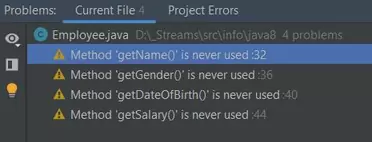
Quiz 2
Stream Pipelines
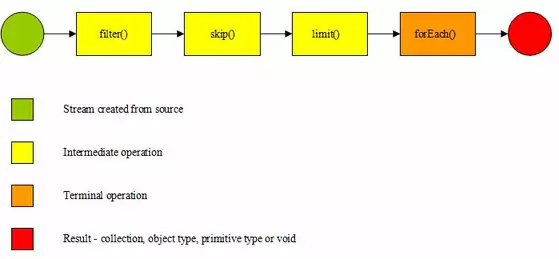
Quiz 3
Stream Operations Overview

Quiz 4
Array Type Streams
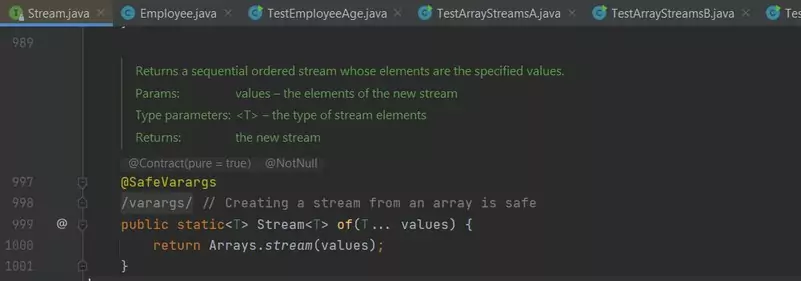
Quiz 5
Numeric Streams
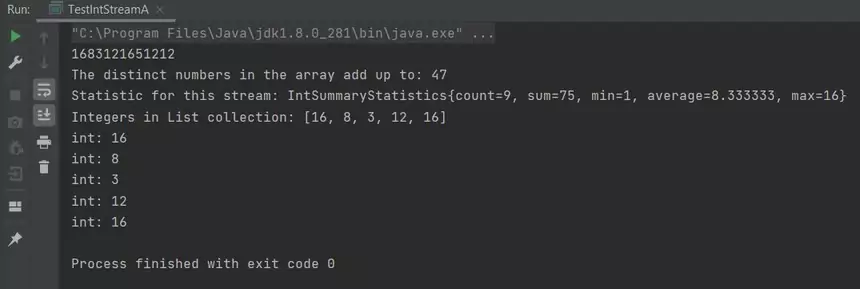
Quiz 6
Other Stream Creation
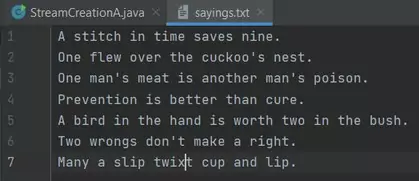
Quiz 7
Finding & Matching
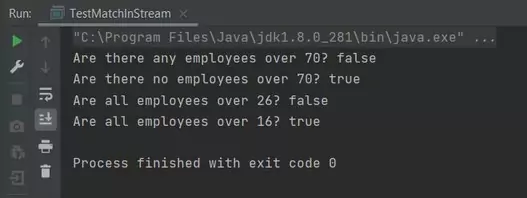
Quiz 8
Reduction Operations

Quiz 9
Stream Collectors
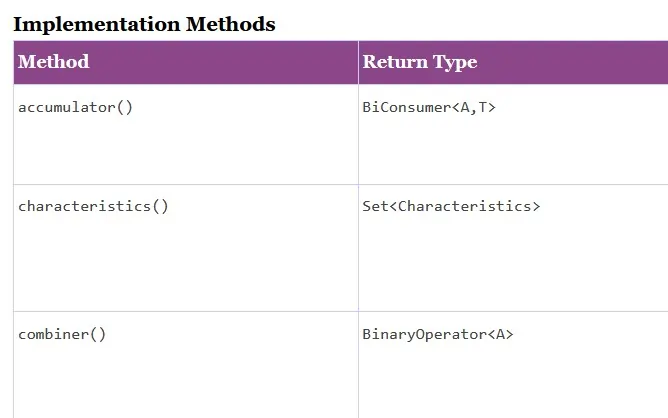
Quiz 11
Grouping & Partitioning
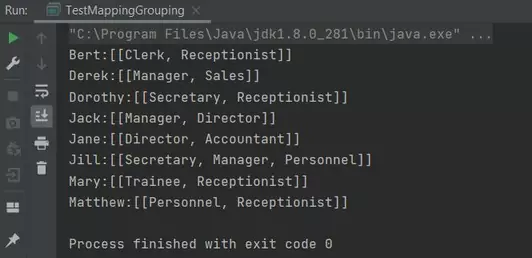
Quiz 12
Parallel Streams

What's Next?
In the next quiz we test your knowledge of grouping and partitioning our streams.